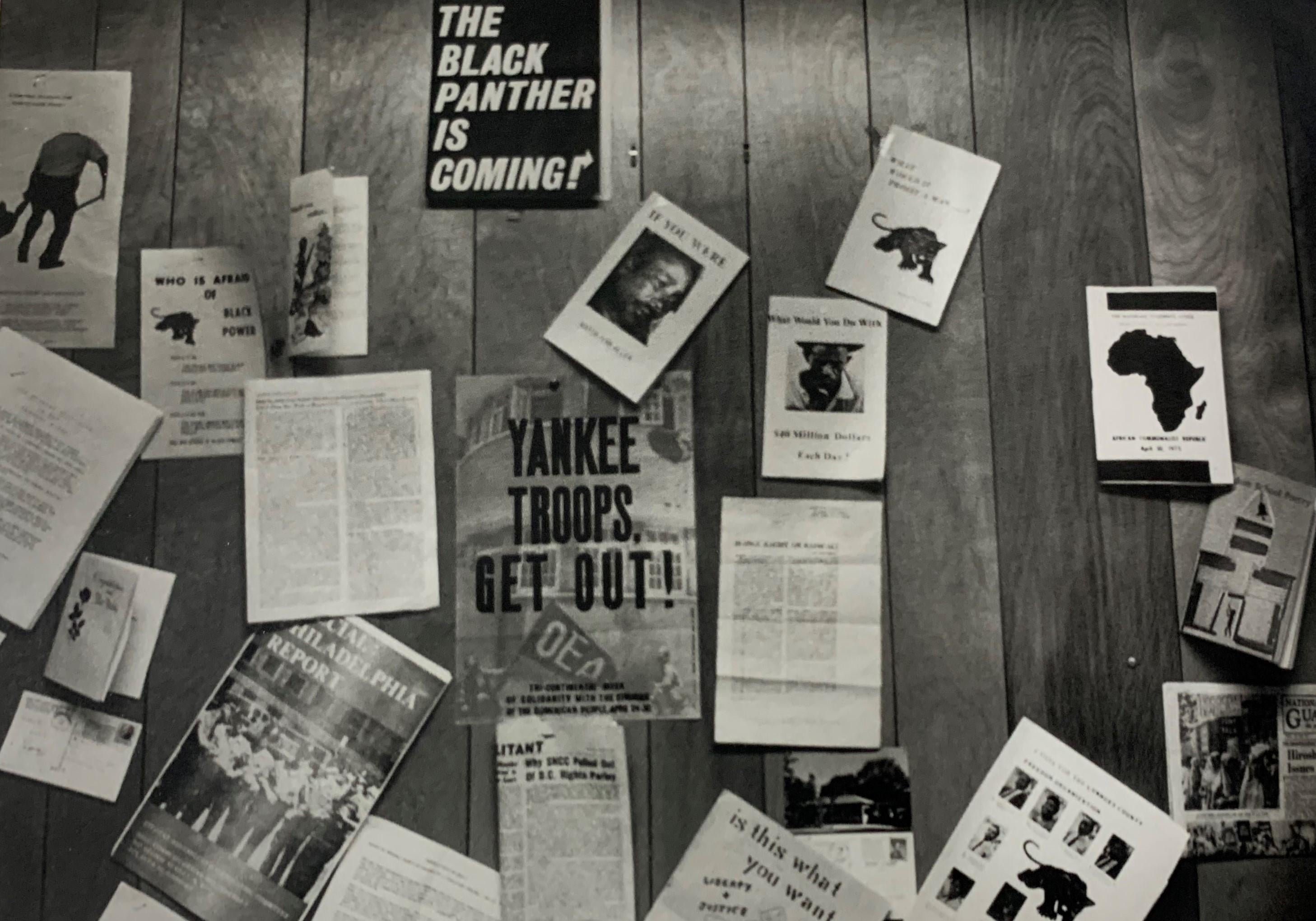

As mentioned before, “white backlash” became the theme of the 1966 midterm elections, and it appeared momentum on the “race question” was slowed, if not completely stopped.ĭon’t forget, too, that revolutionary fervor was in the air. And, more importantly for midterm elections, many white moderates were tiring of the “long, hot summers” that seemed to rage in America in 1964, 1965, and 1966. The Anti-war Left was slowly gaining traction against the Vietnam War. Black Americans were understandably impatient with a significant lack of progress on race relations and, more importantly, on economic advancement. The very idea of Black Power has to be understood in context of a mid-1960s discontent with modern liberalism from a variety of places. Newspapers across the nation had a field day depicting the idea as nothing more than black racism, an anti-white ideology.

NAACP president Roy Wilkins, Vice President Hubert Humphrey, and even Martin Luther King (initially) condemned the concept. For many mainstream liberals (not to mention even conservatives, although that’s a blog post for another day) Black Power was a worrying concept. Again, the book has to be considered in the context of the public battle over what “Black power” actually meant. So it was with Carmichael and Hamilton’s book. When he insisted that he would no longer go to jail and instead wanted Black Power, Carmichael tapped into a growing frustrating among the Black community with the scope of progress on political and economic rights for Black Americans.Ĭreating an ideology (or, at the very least, giving voice to one that was previously ignored) always includes a period of having to define and explain that ideology to people who are not your target audience. The very idea of “black power” was under siege from the moment Carmichael uttered it at a rally during the “March Against Fear” in Mississippi in the summer of 1966. Hamilton, Black Power was written with the general reader in mind. Written by activist Stokely Carmichael and political scientist Charles V. To end our series on 1967’s importance to the development of Black intellectual ideology, it makes logical sense to turn to the classic book Black Power.


 0 kommentar(er)
0 kommentar(er)
